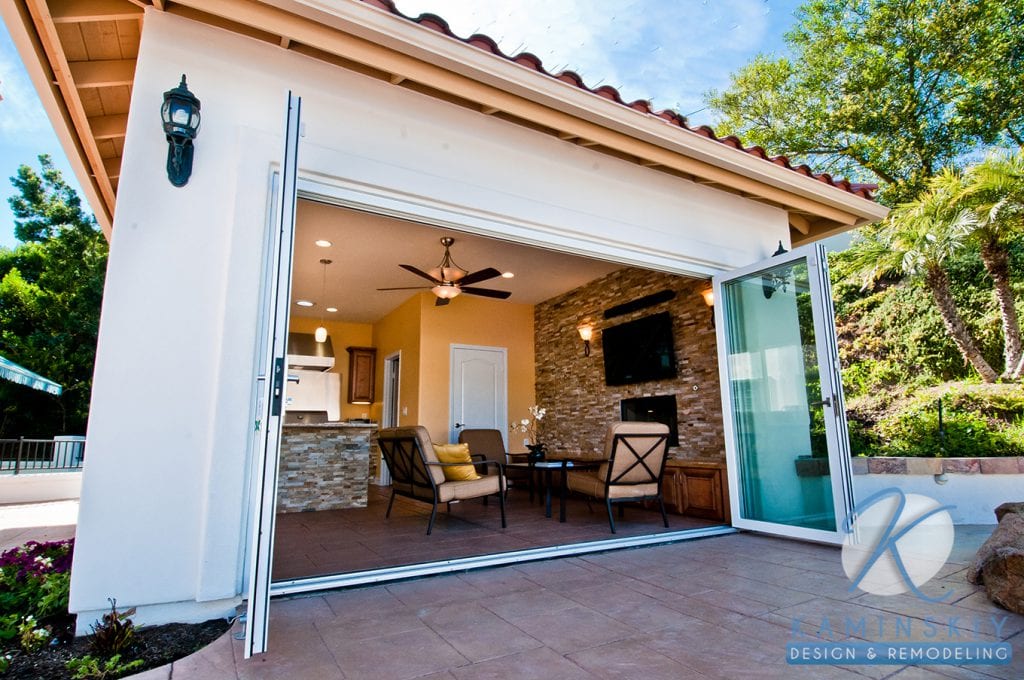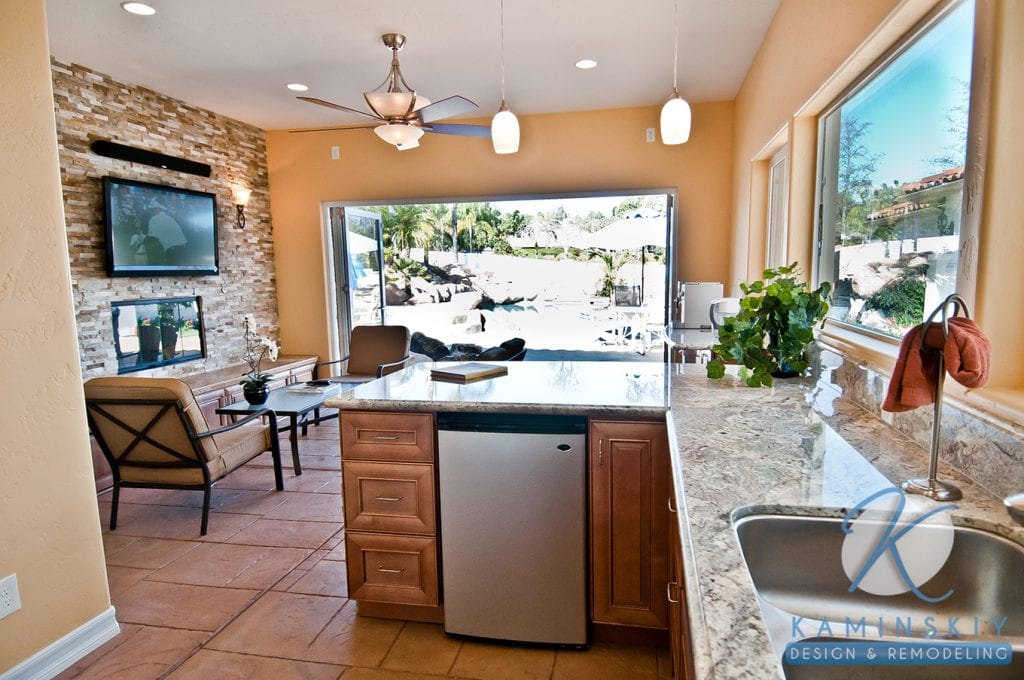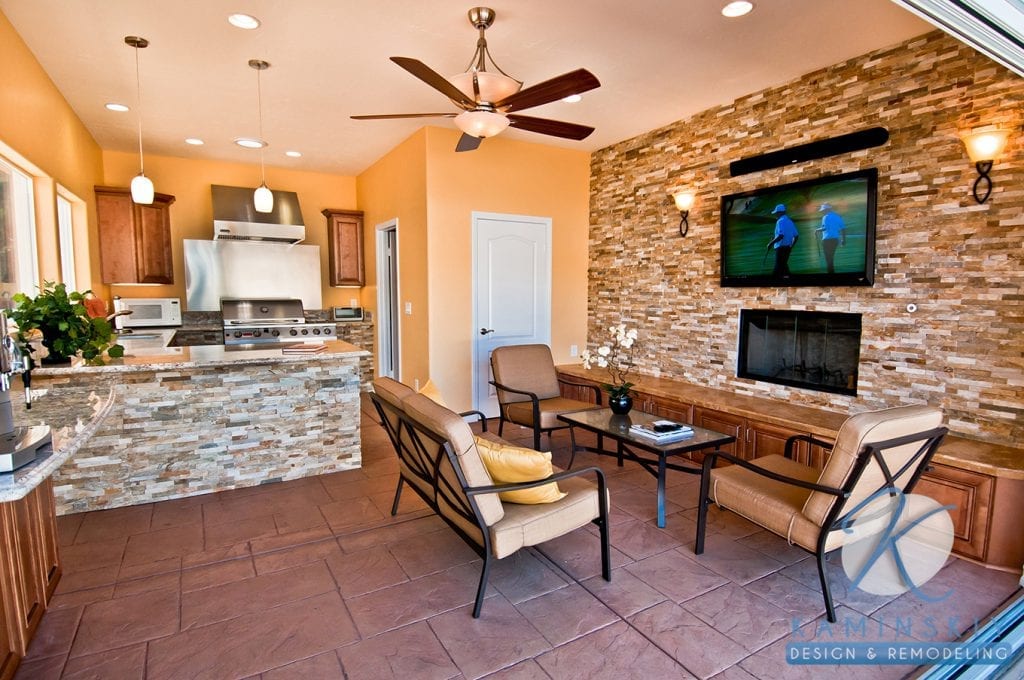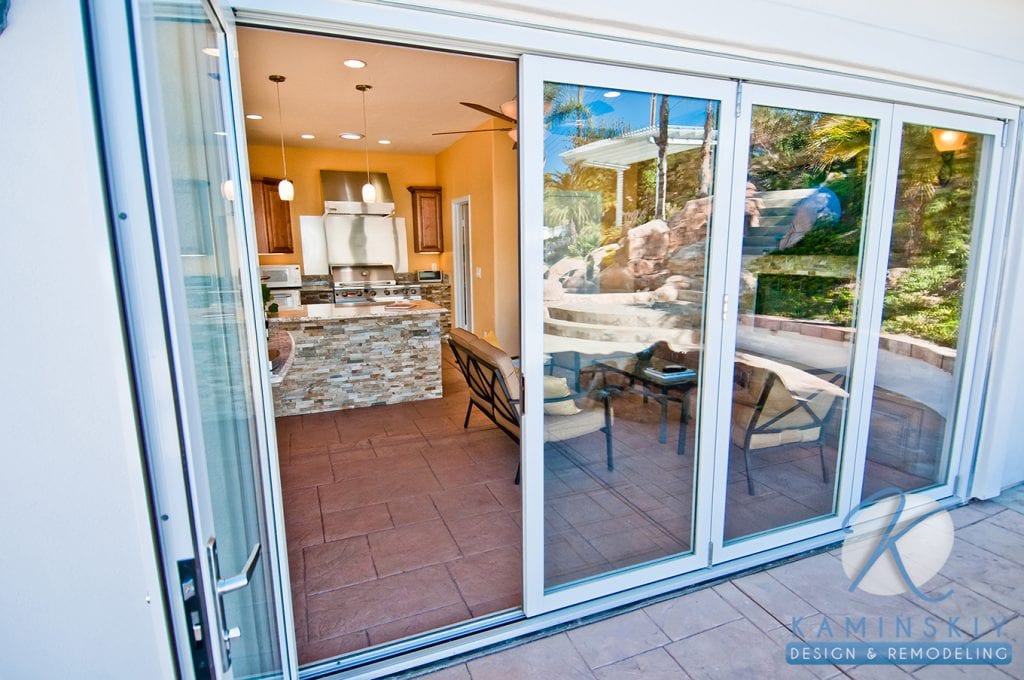
Deciding whether to add an addition to your home or move can take time and effort. Both options have pros and cons, and it’s essential to weigh the factors carefully to determine the best course of action for you and your family. There are numerous factors to consider when making this decision, such as the cost of the addition, the appeal of your current neighborhood, and the potential benefits of moving to a new location.
Home additions can provide:
On the other hand, moving offers the chance to explore new neighborhoods, find a better-suited home for your lifestyle, and potentially even reduce costs, depending on the real estate market.
Before making a decision, it’s essential to fully understand the process and implications of both home additions and moving, considering the financial and emotional aspects and the potential long-term outcomes of each choice.
There are various types of home additions to consider depending on your needs, such as adding bathrooms and bedrooms or enlarging your living spaces. Some common types include room additions, sunrooms, and Accessory Dwelling Units (ADUs).
The home addition cost can vary widely depending on factors such as materials, labor, permits, and architectural plans. Working with a reputable contractor who can provide a detailed cost breakdown for your project is essential.
The construction process starts with planning and obtaining necessary permits, followed by the actual build, which can involve foundation work, framing, and installation of materials. Be prepared for the process to take several months, depending on the complexity of the home addition.
Adding a home addition can provide valuable, usable space, improving your quality of life and potentially increasing your property value. However, it can also be challenging, involving disruptions in your daily routine and potential issues with zoning and building codes.
A well-designed and executed home addition often increases property value, with the potential for a significant return on investment. Your local market conditions and the type of addition you choose (e.g., bedrooms, bathrooms) will dictate the value increase.
Before embarking on a home addition, it’s crucial to understand zoning regulations and building codes in your area. Research local laws and consult with professionals to ensure your planned expansion complies with all applicable regulations.
Remember to choose the right kitchen remodel or bathroom remodel contractor who can guide you and help you navigate each aspect.

When considering moving, one crucial factor to assess is the financial aspect of the decision. Selling your current home and purchasing a new one can include real estate agent fees, closing costs, and moving expenses. Additionally, depending on the price of your new home, you may need a significant down payment, and the monthly mortgage payment might be higher than what you currently pay. However, upgrading your home may increase your equity and leverage it for future investments.
Finding the right new home involves considering factors like location, commute, neighborhood, and school district. It’s essential to evaluate whether the new home fulfills your family’s needs, offers an appropriate amount of space, and meets your specific requirements. If you’re moving to an older home, you should also account for potential future renovations and their costs.
Moving to a new home offers certain advantages, such as the opportunity to experience a new neighborhood, better proximity to desirable amenities, and the potential for an upgraded living space. You may find a home with a well-designed kitchen, an improved floor plan, or an ideal home office. On the flip side, relocating can be challenging due to the emotional attachments to your current house, the difficulties of adjusting to a new community, and the logistical intricacies of moving.
Before deciding to move, consider whether the current real estate market favors buyers or sellers. If the market favors sellers, you might get a reasonable price for your existing home, but purchasing a new house might be more expensive. Conversely, a buyer’s market may present an opportune time to build a custom home. Keep an eye on homes for sale in your desired area and monitor market trends to make well-informed decisions.

When considering whether to add or move, you should consider evaluating various home upgrades to determine which ones will best suit your needs. Some common options include remodeling your kitchen, bathroom, or basement, as well as creating a new garage or expanding your living space with a room addition.
Before deciding, assessing the costs associated with each option is crucial. Keep in mind that various factors can influence the total cost of a remodel, such as materials, labor, and permits. When updating your home, some tasks like refacing your kitchen cabinets could be cheaper than a complete replacement. Other projects, like upgrading the wiring or HVAC system, might be more costly but can improve your home’s overall functionality.
Another aspect to consider is the potential increase in your property’s value after the renovation. Cosmetic improvements such as new paint, flooring, and fixtures can help make your home more appealing. Still, larger-scale projects like bathroom remodeling may have a more significant impact on your home equity. To make an informed decision, compare the expected returns with your remodeling costs, and consider seeking advice from a real estate professional.
Lastly, consider the time and inconvenience related to construction when making your decision. Even seemingly small projects like installing recessed lighting can create temporary disruptions in your daily routine. A larger home renovation can take several months to complete, such as adding a new room or finishing a basement. You may need to adjust to living in a construction zone during this time. Consider these factors when weighing your options between adding an addition or moving to a new home.

Before deciding whether to add an addition or move, it’s essential to assess your home equity. Home equity is the current market value of your home minus the outstanding loan balance. Understanding your home equity can help you determine which financing options make the most sense for your situation.
Various loan options are available for financing your home addition or purchasing a new home. Some options include home equity loans and refinancing your existing mortgage. When considering these financing options, research interest rates, closing costs, and loan terms to ensure they align with your budget and financial goals.
For example, if you’re considering a remodeling project, evaluate the different loans available and choose the one that best suits your needs and financial situation.
The cost of materials and labor to build an addition can vary significantly. Before deciding, research the current prices of materials and labor required for your planned addition or moving to a larger home. That will help you accurately estimate the overall costs and determine whether your budget can accommodate your plans.
Another crucial consideration when deciding between adding an addition or moving is calculating the return on investment (ROI). The ROI depends on factors such as the cost of materials, labor, and other expenses, as well as the potential increase in the value of your home. Analyzing the ROI can provide insight into whether a home addition or moving makes better financial sense for your unique circumstances.

A home addition can be a worthwhile investment, but it depends on your specific circumstances and goals for the project. Factors such as the type of addition, neighborhood real estate values, and your long-term plans for the home can all influence whether the addition will pay off in the long run. Before deciding on the project, it’s crucial to consider how the addition will impact your overall home value and whether it will make your home more functional and enjoyable.
The cost of adding a room to your house varies depending on the addition’s size, complexity, and location. On average, a home addition costs between $350 and $650 per square foot. However, this range is quite broad, and your specific project may fall above or below this estimate. It’s essential to consult with a contractor and obtain a detailed quote to understand the expected expenses.
Building up (adding a second story) or building out (extending your home’s footprint) have cost implications. There’s no one-size-fits-all answer to which option is more affordable, as this depends on your specific home and the type of addition you’re considering. It’s essential to determine the feasibility of both options and weigh the benefits and drawbacks of each choice. When making this decision, consider factors such as permitting, zoning regulations, and construction costs.
Whether renovations are financially smarter than moving depends on your situation. For some homeowners, renovations might make more sense due to lower costs and potential increases in home value. On the other hand, if your current home doesn’t meet your needs or you’re looking to move to a different area, moving might be a better option. Ultimately, it would help to consider factors such as budget, neighborhood, and lifestyle to determine the right choice for you.
Using a move or stay calculator can help inform your decision-making process by considering critical factors like the addition cost, the potential increase in your home’s value, and the expenses associated with moving. These calculators can give you a rough idea of the financial implications related to each option, helping you make a more informed choice.
Deciding between adding an addition or moving involves several factors, such as your budget, your home’s layout, and your overall satisfaction with your current location. Consider whether an addition will address your home’s inadequacies or if you need to move to a new home with more suitable features. Remember to weigh practical concerns like zoning regulations and the disruption that construction may cause. Ultimately, the decision comes down to your personal preferences, your family’s needs, and your long-term goals for your living situation.
When considering a house addition, it’s essential to partner with a trusted expert in the field. Kaminskiy Design and Remodeling is not just any company; we are an award-winning house addition specialist with a track record of excellence. Our team understands the intricacies of home expansions and is dedicated to bringing your vision to life.
If you’re contemplating enhancing your living space and seeking unparalleled expertise, look no further. Schedule your FREE in-home design consultation with us today and take the first step towards transforming your home.

Kimberly Villa is a recognized expert in the Home Design and Remodeling industry. Her passion for the industry is matched only by her love for sharing insights, new trends, and design ideas. Kimberly’s expertise and enthusiasm shine through in her contributions to the Kaminskiy Design and Remodeling website blog, where she regularly shares valuable information with readers.